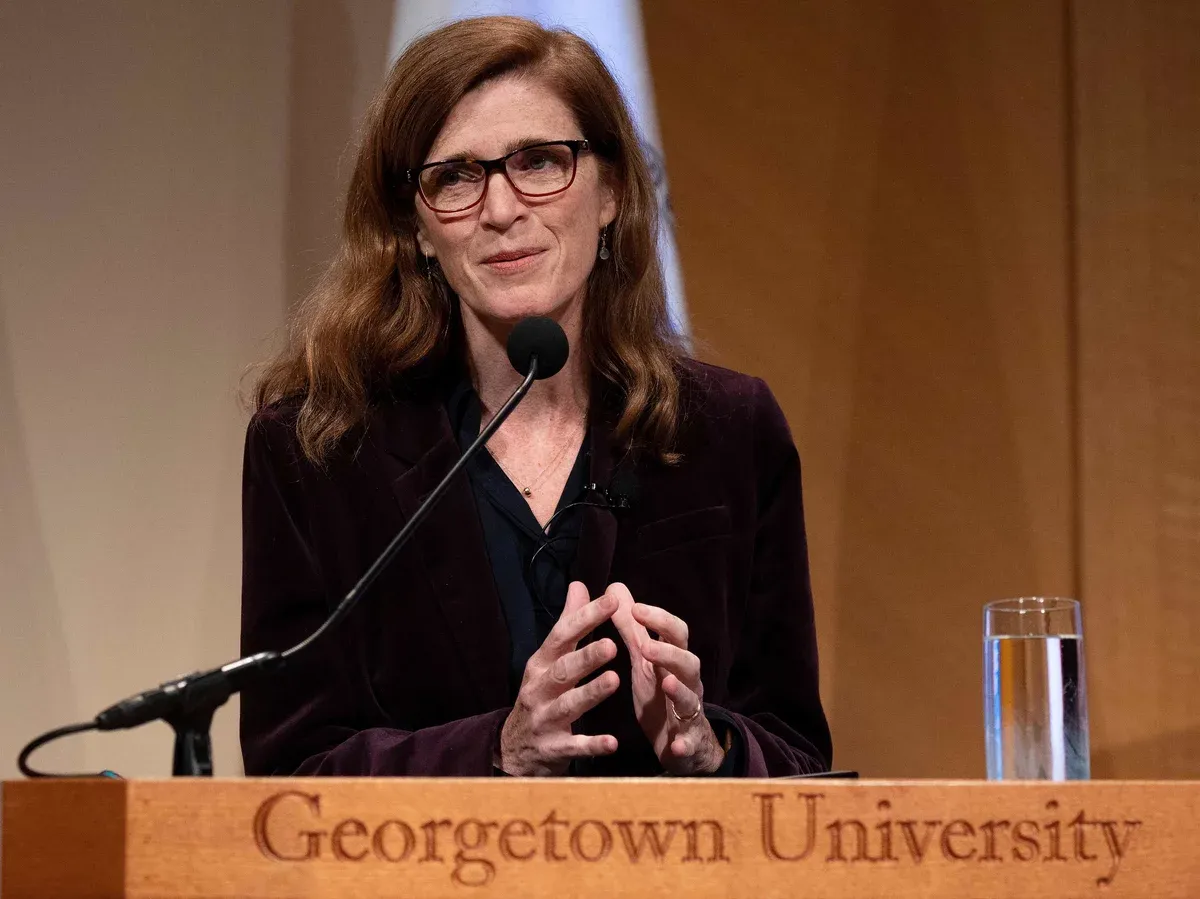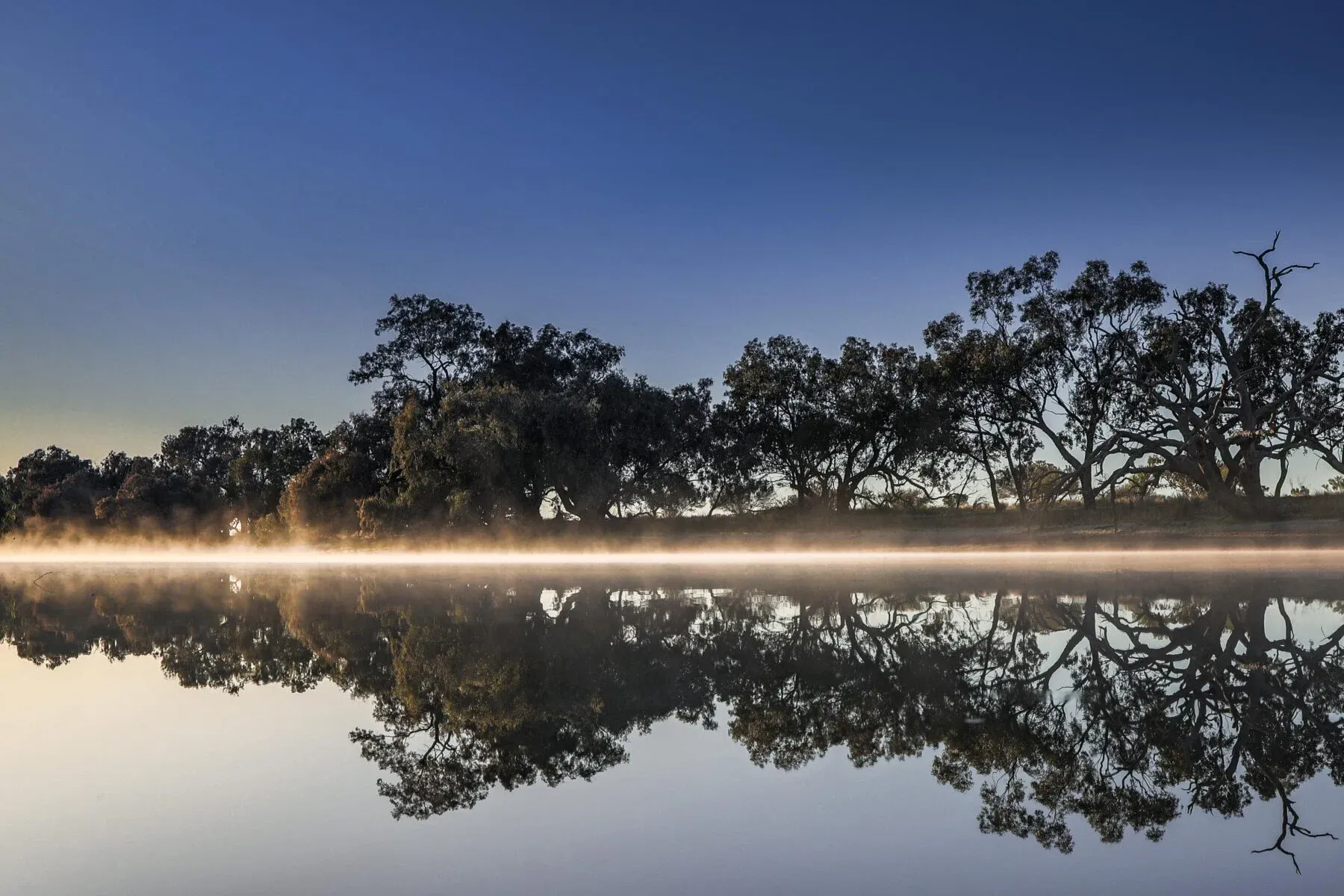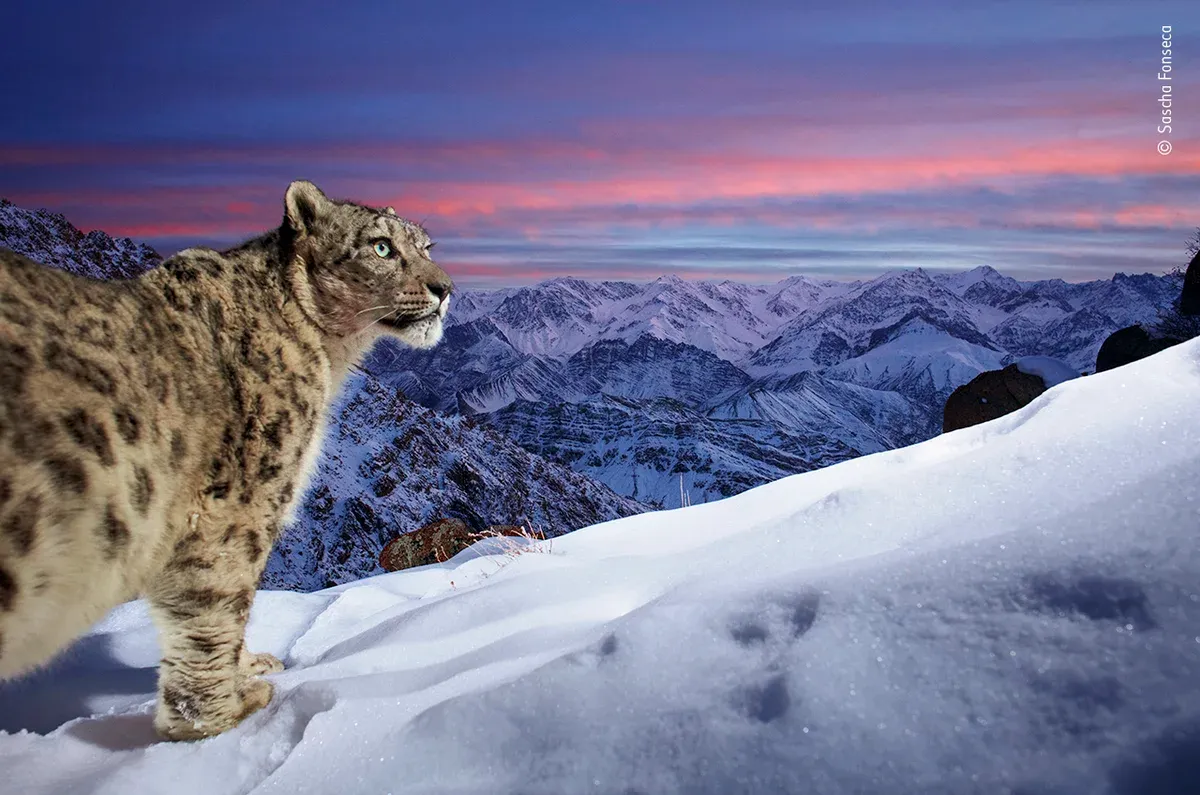Good news you probably didn't hear about
New data from the UN, WHO & World Bank shows that the first two decades of the 21st century have seen the largest decline in maternal deaths in human history. Between 2000 and 2020, the annual number of women dying while pregnant or within 42 days of giving birth fell from 447,000 to 287,000, and the lifetime risk of a 15-year-old girl dying from maternal causes almost halved.

UNICEF on how the lives of girls around the world have improved in the last decade. More girls are completing high school, fewer are having children, more have access to family planning, fewer child marriages take place, female genital mutilation has decreased and the proportion of girls being infected by HIV has fallen. It's not enough - but it shows that progress is possible.
Around 90 million women of working age have gained full legal equality in the last decade. It's not even close to enough. Billions of women remain disenfranchised, and dismantling centuries of patriarchy is going to take generations. It is a start though. In 2010, no woman in the world had the same legal rights as a man (h/t to our friends at the Progress Network for this one). World Bank
On International Women’s Day, Emmanuel Macron announced that the French government will introduce a bill to add reproductive rights to the country’s constitution, a move supported by a majority of French people. The legislation will allow France to “carve in stone women’s freedom to turn to abortion." Bloomberg
New legislation banning child marriage has come into force in England and Wales, a major step forward for women's rights. Girls younger than 18 can no longer get married or have a civil partnership even if their parents give consent. Previously, religious marriages were legally permitted to occur at any age. "We’ve campaigned for this change for a decade." Independent

Australian unions have won significant changes to improve the lives of working women in the last 12 months, including more parental leave, more rights to flexible work, wage increases in female-dominated sectors, stronger equal pay laws, and new protections from discrimination. "There is more to be done, and we are not giving up." ACTU
Did you know that women’s groups in India are one of the world's largest and most successful examples of community development? Over 80 million women participate in 7.5 million groups, and in the past decade they've become a key component of the country's economy, contributing to one of the biggest and quickest reductions of poverty in history. Project Syndicate
British Columbia has become the first jurisdiction in Canada to make prescription contraception free to all residents. This includes oral hormone pills, contraceptive injections, intrauterine devices, subdermal implants and the morning-after pill. "This is a win for health, and it's a win for gender equity in our province." CBC
Regular readers will know about Zipline, who run the world's largest drone delivery program. Since 2019, they've delivered nearly eight millions doses of vaccines in Ghana, and are now responsible for one tenth of all the country's vaccine deliveries, disproportionately reaching vulnerable and remote households. GNA

The campaign to make insulin less expensive just scored a major victory, with Eli Lilly, one of the three biggest manufacturers in the US, announcing it will cap the price at $35 per month. More than eight million Americans with diabetes rely on insulin; this move will be life-changing for those who are financially insecure or not properly insured. Vox
Pandemic benefits in Canada designed to cushion the blow of lockdowns lifted over 300,000 children out of poverty in a single year, the largest 12 month decline in child poverty ever recorded. Benefits also helped narrow income inequality, as lower-income households saw after-tax income grow at a faster rate than that of other groups. NUPGE
Freedom House, which publishes one of the world's most influential reports on global democracy, says 2022 looks like a possible turning point in the global struggle for freedom. The year’s events showed that autocrats are far from infallible, and their errors have provided openings for democratic forces, which have demonstrated 'solidarity and vigour.'
Samantha Power, the current head of USAID, agrees. She thinks that early 2022 was a high-water mark for authoritarianism, pointing out that populism around the world is in decline, democracy has proven stubbornly resilient and autocratic states are appearing increasingly fragile. Foreign Affairs

Subscribe To Future Crunch
When you sign up to our paid edition, you get a whole lot of extra stuff. This week, we had stories about cosmic rays and secret passages in the Great Pyramid, life from outer space, some astonishing news about the trajectory of solar power, a truly unbelievable mind-reading AI, and a reminder about why we shouldn't be giving in to all the FUD over a lack of materials for a clean energy transition. We also had a beautiful, life-affirming piece about what one journalist learned about death while working in a hospice.
Becoming a subscriber costs only $50 a year, and it'll make your inbox a better place.
The only home we've ever known
After two decades of failed negotiations and political deadlock, this is the moment when UN conference president Rena Lee confirmed that nearly 200 countries have reached a landmark deal to protect ocean life, charting a path to conserving international waters. It's the first international agreement on ocean protection since 1982, and a hugely important victory for life on Earth. In Rena's words:
"The ship has reached the shore."
International delegates at the Our Ocean Conference have committed nearly $20 billion to ocean conservation, including funding for expanding and improving marine protected areas and biodiversity corridors. Panama, this year's host, also announced it will add 93,389 km2 to its Banco Volcán MPA, bringing the country’s total marine protection to over 54%. Mongabay
Conservation efforts have restored 15 million hectares of Brazil’s Atlantic Forest since 2009, leading to the return of hundreds of birds and the reintroduction of the lowland tapir to Rio de Janeiro for the first time in 100 years. The forests, which have endured centuries of deforestation, are one of Brazil’s most important biomes. Mongabay
The demilitarised zone between North and South Korea has found new life as a wildlife sanctuary. 6,200 wildlife species now call it home, including 38% of the Korean peninsula's endangered species, such as golden eagles, musk deer, and mountain goats, in addition to hundreds of endemic plant species. BBC
A loss for lawmakers in Texas who wanted to build a border wall is a huge win for Monarch butterflies, following the FDA's designation of the prostrate milkweed plant as an endangered species. The listing of the plant, which provides crucial habitat for the butterflies, will help safeguard their migration when they head north from Mexico each spring. Courthouse News
A new national park in Australia will protect 437,394 hectares of globally significant wetlands, as well as salt lakes and playas. The site, called Thurloo Downs, is located on Karenggapa and Parundji country and is home to 50 threatened species. It's the largest acquisition of private land for a national park in NSW history. Environment NSW

26 Australian species have recovered enough that they no longer require a threatened listing. The populations of 14 mammal, eight bird, two frog, one reptile and one fish species have all improved, including the greater bilby, eastern barred bandicoot, sooty albatross, and Murray cod. Guardian
Sea otters represent one of the great unsung success stories of conservation, with populations of around 25,000 in southeast Alaska and over 125,000 in the Pacific Ocean. It’s been a long time in the making, starting with a protection treaty between Russia, the US, Britain and Japan in 1911, when there were fewer than 1,000 animals left in the wild. BBC
One of the most endangered cats in the world, the Iberian lynx, is bounding towards recovery thanks to parallel efforts by Spain and Portugal. In 2002, fewer than 200 remained in the wild. Today, around 1,400 roam the Iberian Peninsula. The success of the program has also given conservationists better odds at recovering the black vulture and the Iberian imperial eagle. Biographic
Throughout the rich world, young people are driving less, or choosing not to own a car at all. In the US, the proportion of people with licences is falling for every age group under 40. It's essentially just baby boomers who are now responsible for increasing traffic. A similar trend is well-established in Europe, where average distances driven have fallen by a tenth since the turn of the millennium. Economist
The US EPA has reinstated an Obama-era rule on mercury and other toxic chemicals that are emitted from coal-fired power plants. The standards, first adopted in 2016, reduced mercury, acid gas and non-mercury metal emissions by over 80%, but were reinstated by the Trump administration at the request of the coal industry in 2020.
Not strictly good news but we had to include it! Check out the People's Choice Award for this year's Wildlife Photographer of the Year: a jaw-dropping photograph of a snow leopard traversing the icy cliffs of the Himalayas. German photographer Sascha Fonseca set up a bait-free camera trap in this location three years ago to secure the winning shot. NHM

That's it for this edition, thanks for reading.
We'll see you next week.
With love,
FC HQ





